By Damiete Braide
The Nigeria-Morocco Gas Pipeline Project, one of Africa’s most ambitious energy infrastructure initiatives, continues to gain momentum as it reaches new technical and institutional milestones.
The latest progress was marked by high-level meetings held in Rabat, Morocco, on Wednesday, July 9, and Thursday, July 10, 2025, where officials from across the continent gathered to evaluate developments and welcome a new strategic partner to the project, Togo.
The meetings, hosted by Morocco’s National Office of Hydrocarbons and Mines (ONHYM), brought together representatives of participating countries and national energy companies.
These sessions were organised under the project’s governance structure and followed the framework outlined in the series of Memoranda of Understanding (MoUs) signed among key stakeholders, including Nigeria’s National Petroleum Company Limited (NNPC) and various national gas entities.
The primary purpose of the Rabat meetings was to assess the project’s technical progress and institutional readiness as it prepares to transition into its next phase.
According to a statement released by ONHYM, the project has already recorded significant advancements across multiple fronts. Detailed engineering designs for the full pipeline infrastructure were successfully completed in 2024, laying the groundwork for actual construction. Environmental and Social Impact Assessment (ESIA) and survey studies for the northern segment, from Morocco southwards, have also been concluded, while similar assessments for the southern stretch, covering Nigeria to Senegal, are currently underway.
One of the standout moments of the Rabat gathering was the formal signing of a new MoU between three vital players: Nigeria’s NNPC, Morocco’s ONHYM, and Togo’s National Gas Company (SOTOGAZ).
This development marks Togo’s official inclusion in the multinational project, effectively sealing the partnership of all coastal countries along the pipeline route. The agreement underscores the growing commitment among West African nations to work collaboratively towards shared energy goals and regional integration.
Spanning a planned distance of over 5,600 kilometres, the Nigeria-Morocco Gas Pipeline is designed to transport up to 30 billion cubic metres of natural gas annually. The pipeline will start from Nigeria and travel along the Atlantic coast through Benin, Togo, Ghana, Côte d’Ivoire, Liberia, Sierra Leone, Guinea, Guinea-Bissau, Gambia, Senegal, and Mauritania before reaching Morocco. From there, it will be linked to the existing Maghreb-Europe Gas Pipeline (MEG), facilitating the transmission of African gas to European markets.
In addition to its Atlantic path, the project also aims to connect three landlocked nations—Niger, Burkina Faso, and Mali—via branch lines, further expanding the pipeline’s reach and impact across the West African region.
Governance of the pipeline’s development is set to be coordinated through a newly established Project Company, or Holding Company. This central body will oversee the financing, implementation, and construction processes. It will also supervise three Special Purpose Vehicles (SPVs), each dedicated to managing a specific segment of the vast infrastructure, ensuring streamlined oversight and execution.
Institutionally, the project took a leap forward in December 2024 with the adoption of the Intergovernmental Agreement (IGA) at the 66th Summit of the Economic Community of West African States (ECOWAS).
The IGA outlines the rights, responsibilities, and legal commitments of each participating country, providing a strong diplomatic and legal framework for the initiative’s execution.
This landmark gas project was jointly initiated by King Mohammed VI of Morocco and Nigerian President Bola Ahmed Tinubu. Their shared vision reflects a bold ambition to revolutionise Africa’s energy landscape, deepen regional economic ties, and uplift living conditions through enhanced access to energy resources.
For King Mohammed VI, the Nigeria-Morocco Gas Pipeline is more than an energy project; it is a critical component of Morocco’s broader Atlantic Initiative, which aims to foster greater collaboration among Atlantic-facing African countries. Through this initiative, Morocco seeks to position the African Atlantic corridor as a central hub for trade, energy, and strategic cooperation.
In speeches and statements, the Moroccan monarch has emphasised that the pipeline is a “structuring project,” intended to serve as a powerful engine of economic development, political cooperation, and social progress across the continent. Nigerian officials have echoed similar sentiments, seeing the project as a step towards energy sovereignty and continental integration.
During the Rabat meetings, all stakeholders expressed optimism about the progress made and the unity that has formed around the project. Representatives from ONHYM, NNPC, and SOTOGAZ emphasised their satisfaction with the milestones achieved so far and reaffirmed their shared commitment to seeing the project through to completion.
The atmosphere at the meetings was described as one of determination, technical clarity, and regional solidarity.
Once operational, the Nigeria-Morocco Gas Pipeline is expected to bring sweeping economic benefits to the 13 countries along its route. It will boost energy supply and industrial capacity, lower energy costs, and create thousands of jobs across sectors such as construction, logistics, and maintenance.
For many West African countries still grappling with energy poverty, the pipeline could prove transformative, powering homes, fuelling businesses, and supporting the growth of sustainable industries.
From an environmental standpoint, the project also aligns with the transition towards cleaner energy in Africa. Natural gas, while still a fossil fuel, is significantly cleaner than coal or oil and can serve as a transitional energy source as countries invest in renewable energy infrastructure.
Furthermore, the inclusion of environmental assessments and adherence to international ESG standards suggest a level of planning geared towards sustainability and long-term resilience.
Politically, the pipeline is a demonstration of Pan-African cooperation in action. It cuts across linguistic, cultural, and political divides, uniting Francophone and Anglophone countries in a common cause. In a region often challenged by instability and underdevelopment, the pipeline serves as a symbol of possibility, an infrastructure of unity, progress, and continental pride.
As the project moves into its next phase, with engineering complete and partnerships solidified, the focus will now shift to mobilising financing and beginning phased construction. With backing from regional governments, international partners, and multilateral financial institutions likely, the Nigeria-Morocco Gas Pipeline may well become one of the most defining projects of Africa’s 21st-century infrastructure revolution.
In the words of ONHYM officials, this pipeline is not just about gas; it is about giving Africa “a new economic, political, and strategic dimension” and establishing a framework for lasting regional integration.
The journey ahead remains complex, but with every milestone, the vision of an interconnected, empowered Africa draws closer to reality.



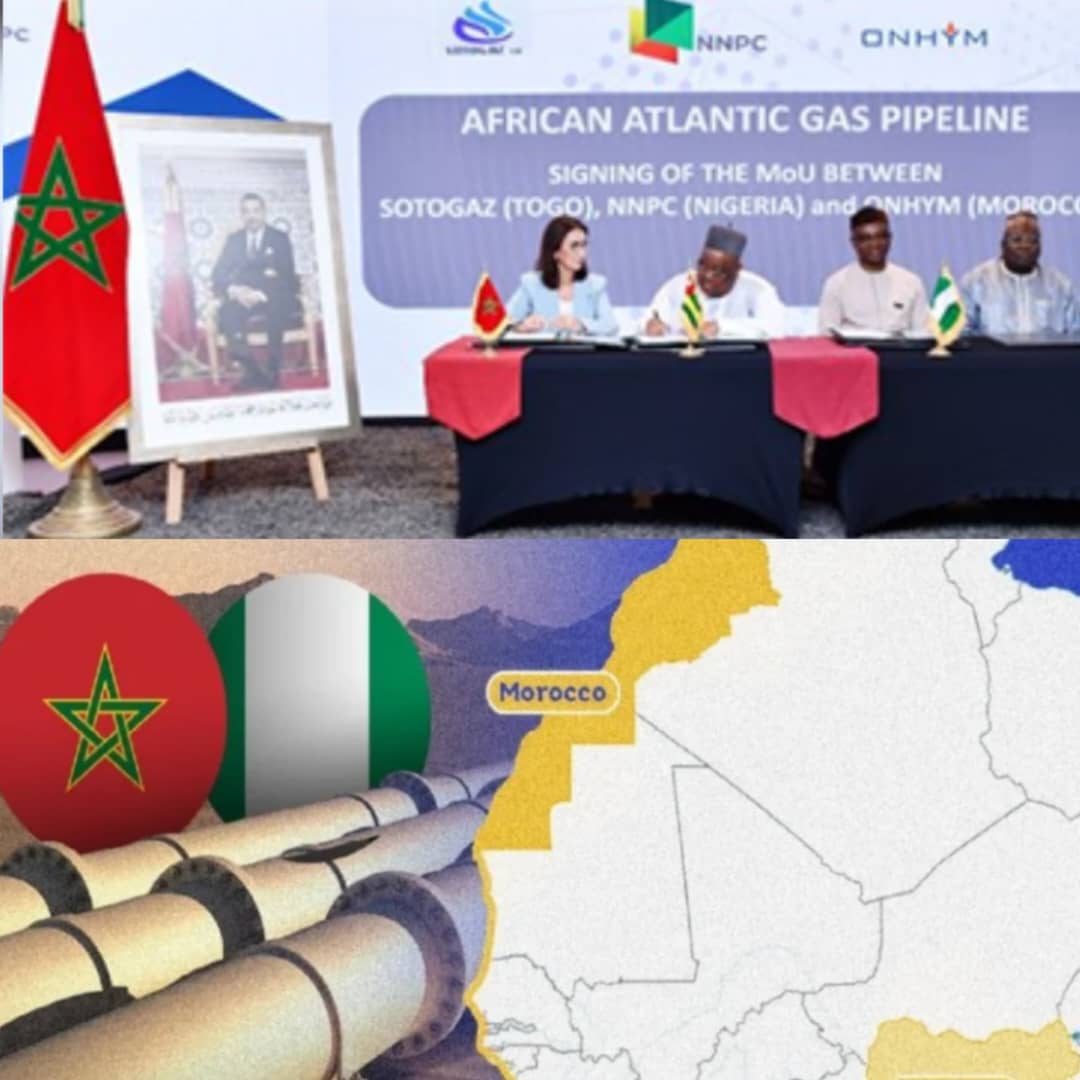


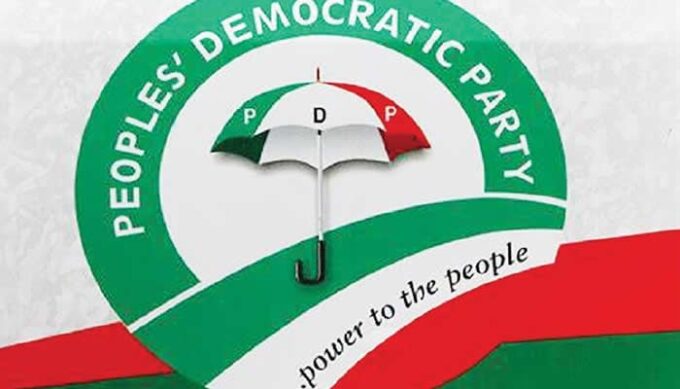

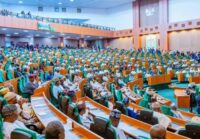


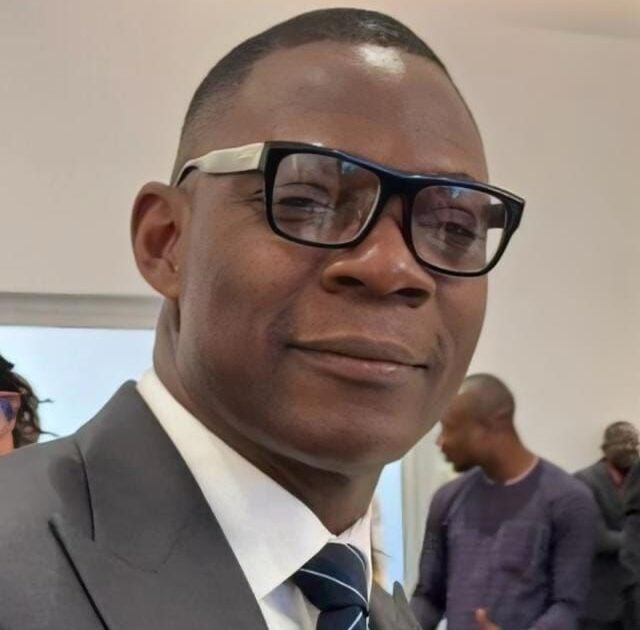
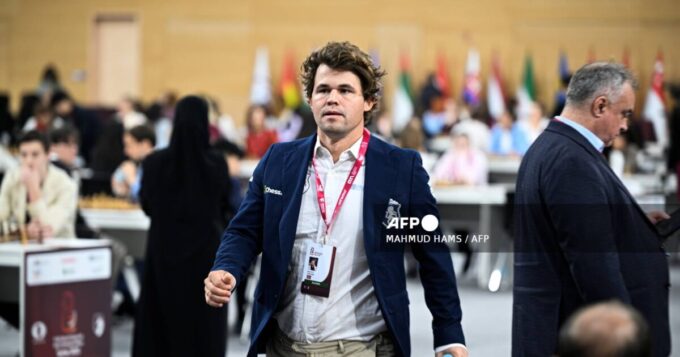



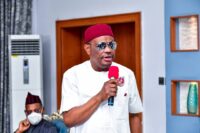

Leave a comment